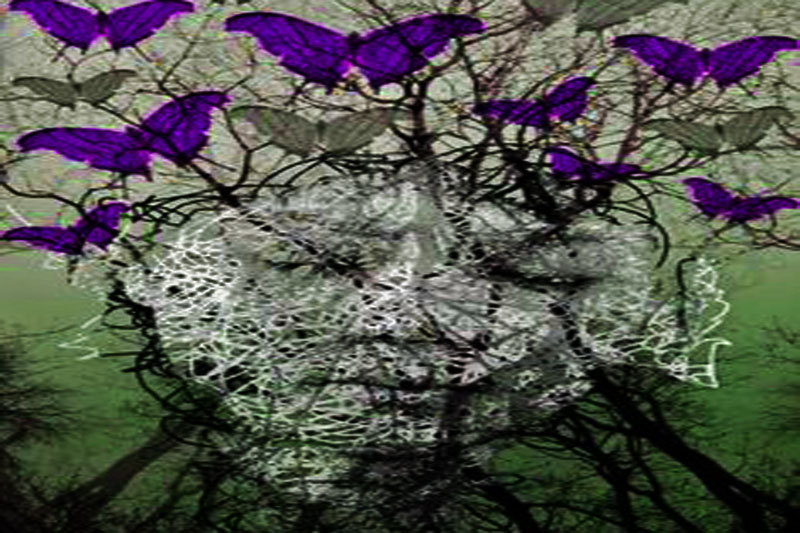“My name is Precious, how can I help you?”
“I think I need to go to your shelter,” I blurted. My daughters, still both in diapers, were wailing in the background.
The battered women’s shelter. Never had I thought I would be a battered woman, or that I would live in a shelter. It was 1990. I was 25, and my little girls were ten months and two years old. My friends were still enjoying their youth, bar-hopping on the weekends and pursuing careers.
But not me. I’d married the first person who seemed interested after I turned 21, dropping out of college and forgoing the chance to be young and carefree. Soon afterward, I found myself on permanent restriction as though I were a wayward teen. My friends, my music, my interests, and even my movements were carefully monitored by my older, controlling husband. I thought I could stay with him and make the best of it. But four years into my marriage, our relationship abruptly changed from volatile to deadly.
At first, I fled to a friend’s home, but my husband tracked me there. It was time to find real protection and call the crisis line, which I did from her second bedroom. I told Precious about my husband’s threats to kill me if I ever left him. About his control. About his threats that if I ever left him, he would take our daughters to his home country of Greece and I’d never see them again. Only toward the end of the call did I mention that my husband had strangled me before I left him. The leftover superficial scratches seemed like too little injury to warrant help. But Precious disagreed.
“You deserve to be treated well, and you need to be safe,” Precious told me as she screened us into the 52-bed shelter. “Bring your babies and ring the bell in the back of the shelter when you get here.”
Soon my daughters and I were sharing space with other traumatized women and children. One woman shaved her head in our shared bathroom; another answered voices that no one else heard, and a teenage roommate returned every night late and turned on all the lights and blared her radio.
It seemed that by leaving my husband, I had traded one bad situation for something worse. I had plunged my girls and me into poverty and homelessness. Worse, I felt responsible for breaking their home. Still, there was support. I attended information groups. I applied for a restraining order and food stamps. I got on the wait list for subsidized housing. And I listened as the other clients shared their stories.
Some had been to the shelter repeatedly to flee abuse by the same partner. Others had gone from one violent partner to another. A few were first-timers like me. But we all wanted the same thing. We wanted a life that offered love without violence.
There would be much work to do if I wanted to become independent and parent my little girls into smart, capable women. I would need counseling and parenting classes and to complete college. I would need to improve my discernment skills when it came to the people in my life, including family, and distance myself from those who were toxic. I would need to resist launching into another marriage for the sake of ease as my own mother had done, and I would need to break my family’s longstanding tradition of early marriages, early parenthood, and abuse.
Sometimes it’s best we don’t know what lies ahead. I didn’t know then that leaving a violent relationship would topple my husband’s sense of control so that he monitored me closer than ever before, showing up unannounced or breaking into my home or car. I didn’t know that he would maintain this focus for months and years, and that four years after I left him, he would take my daughters on a court-ordered visitation and disappear to Greece.
But there are things I wish I had known. I wish I had known that I would defy the odds with the help of my amazing support system and would rescue my kidnapped daughters. I wish I’d known that my daughters would not marry or parent early but would attend college and enjoy being young. And that I would achieve both my bachelor’s and my graduate degree and have the privilege of working with at-risk youth, become a writer, and travel the world on a shoestring budget.
It was a lot of work, breaking free of intergenerational patterns, but it turned out to be worth every bit of effort. And that call for help I made half my life ago? That call began the long journey to my happily ever after.
Photo Credit: TraumaAndDissociation Flickr via Compfight cc
